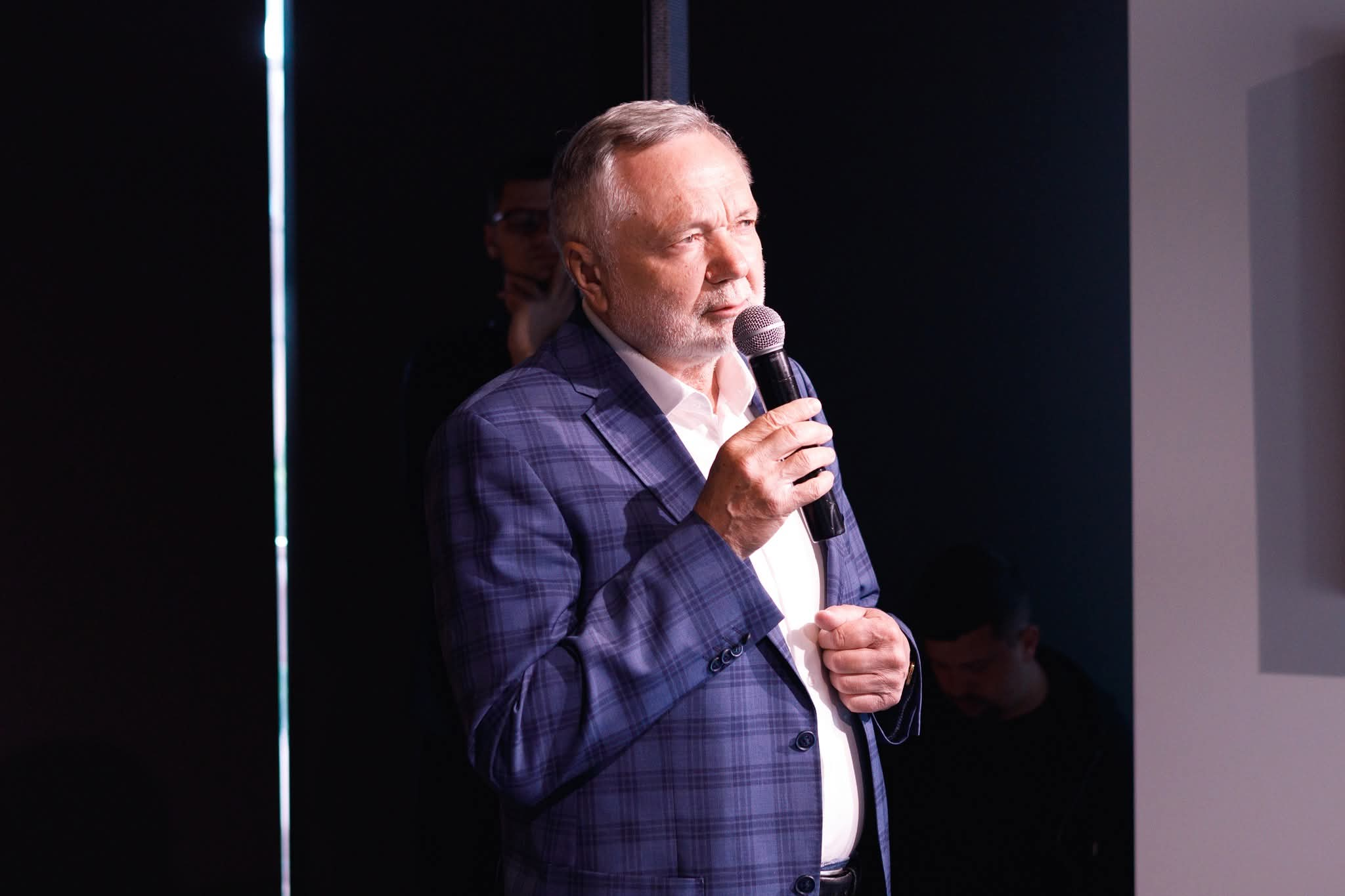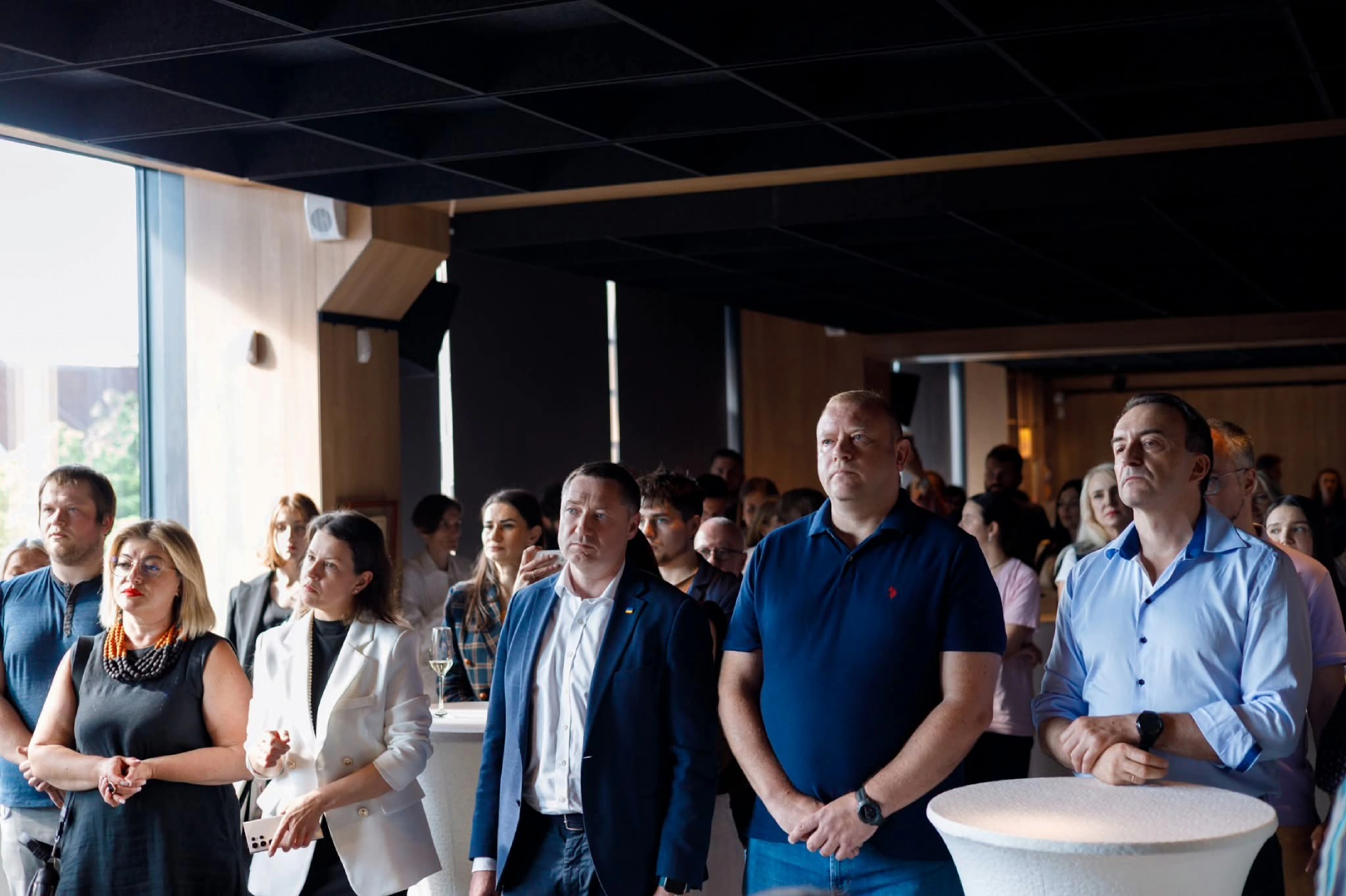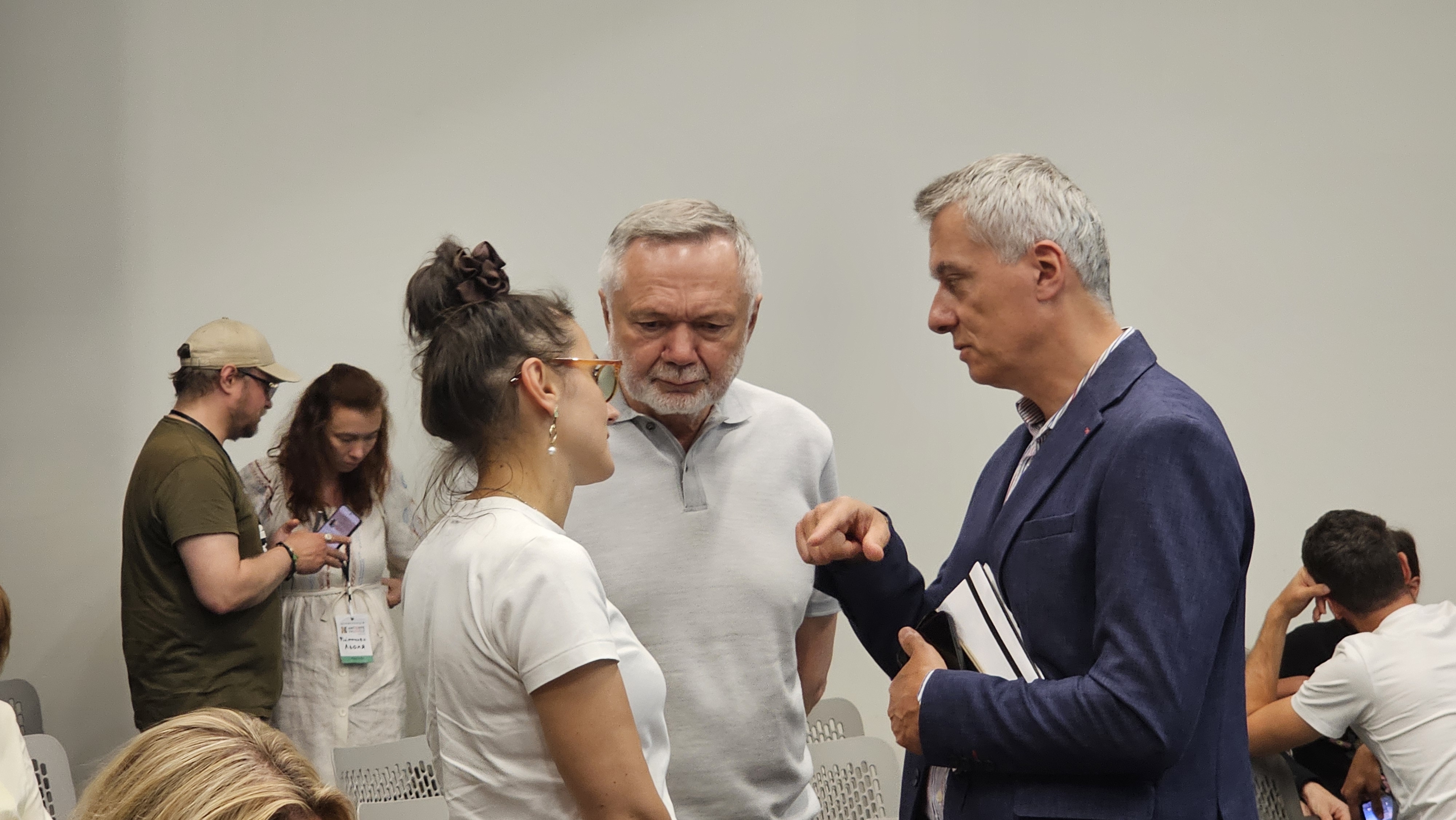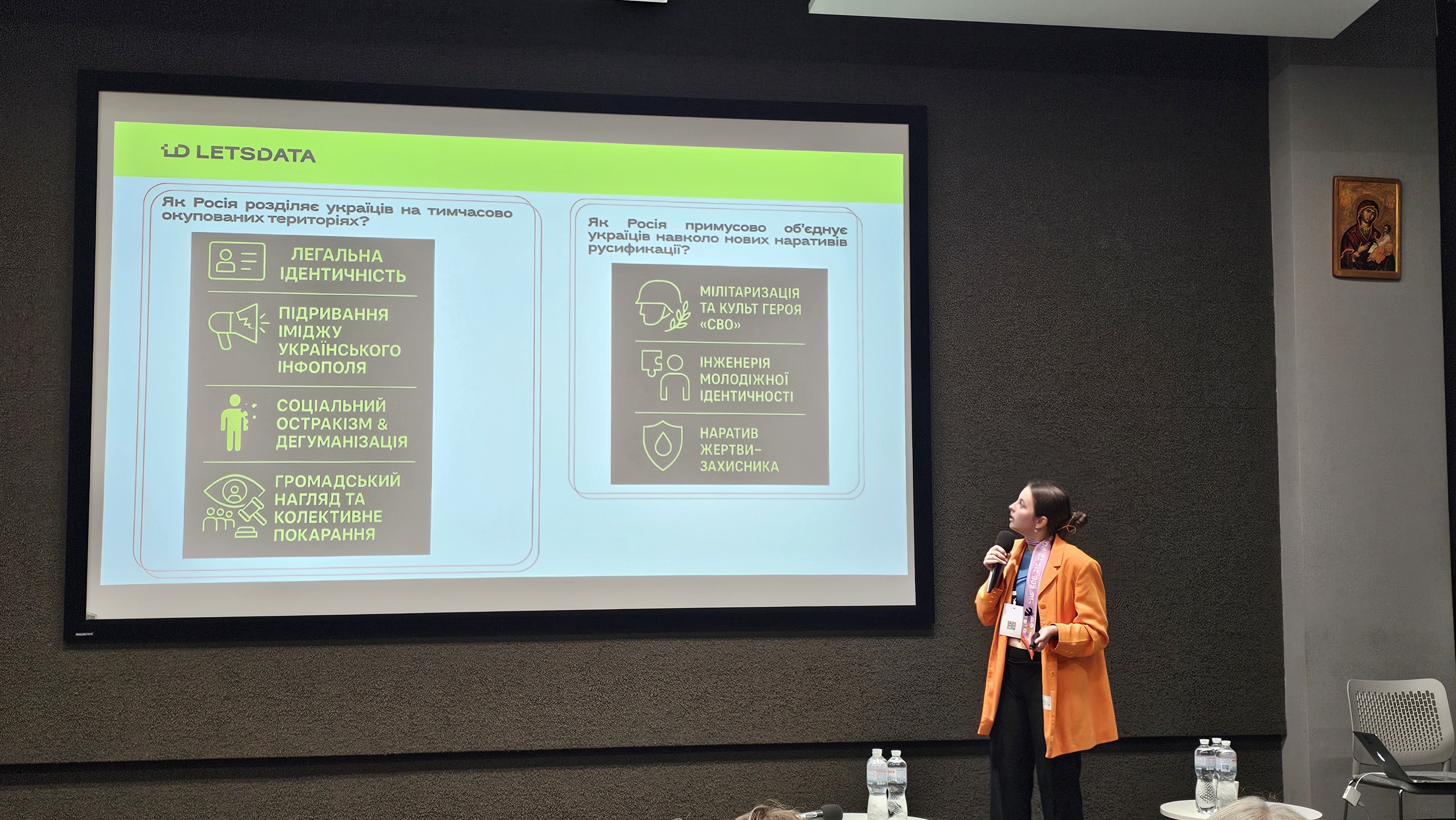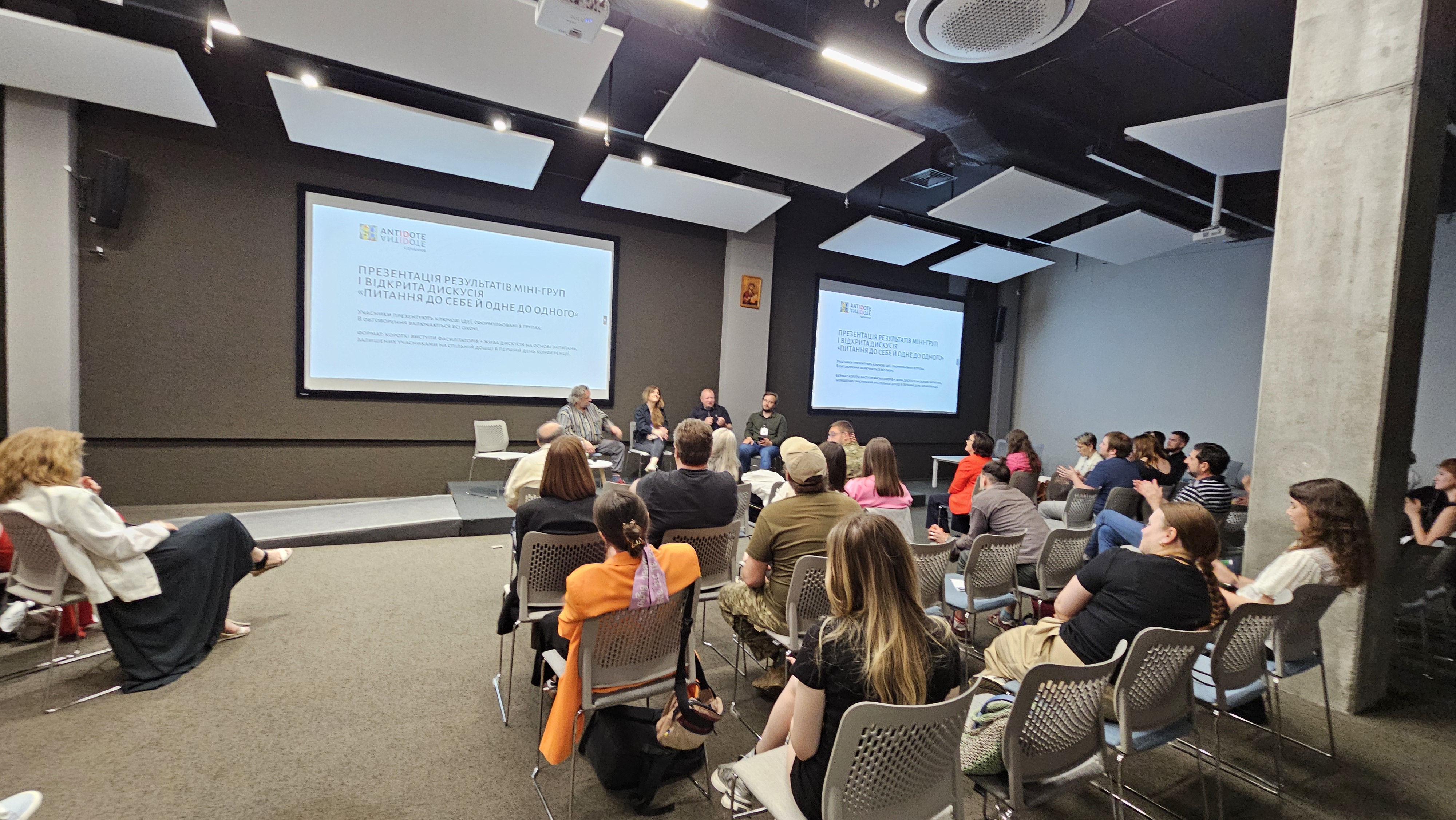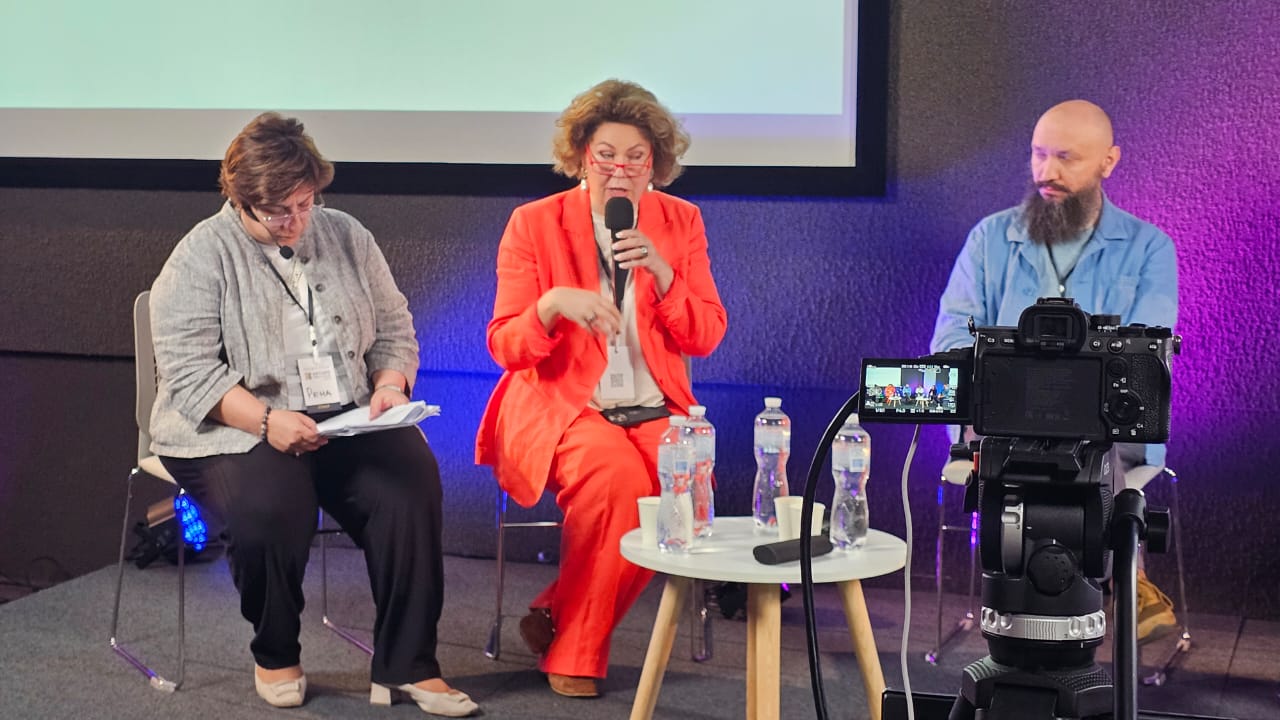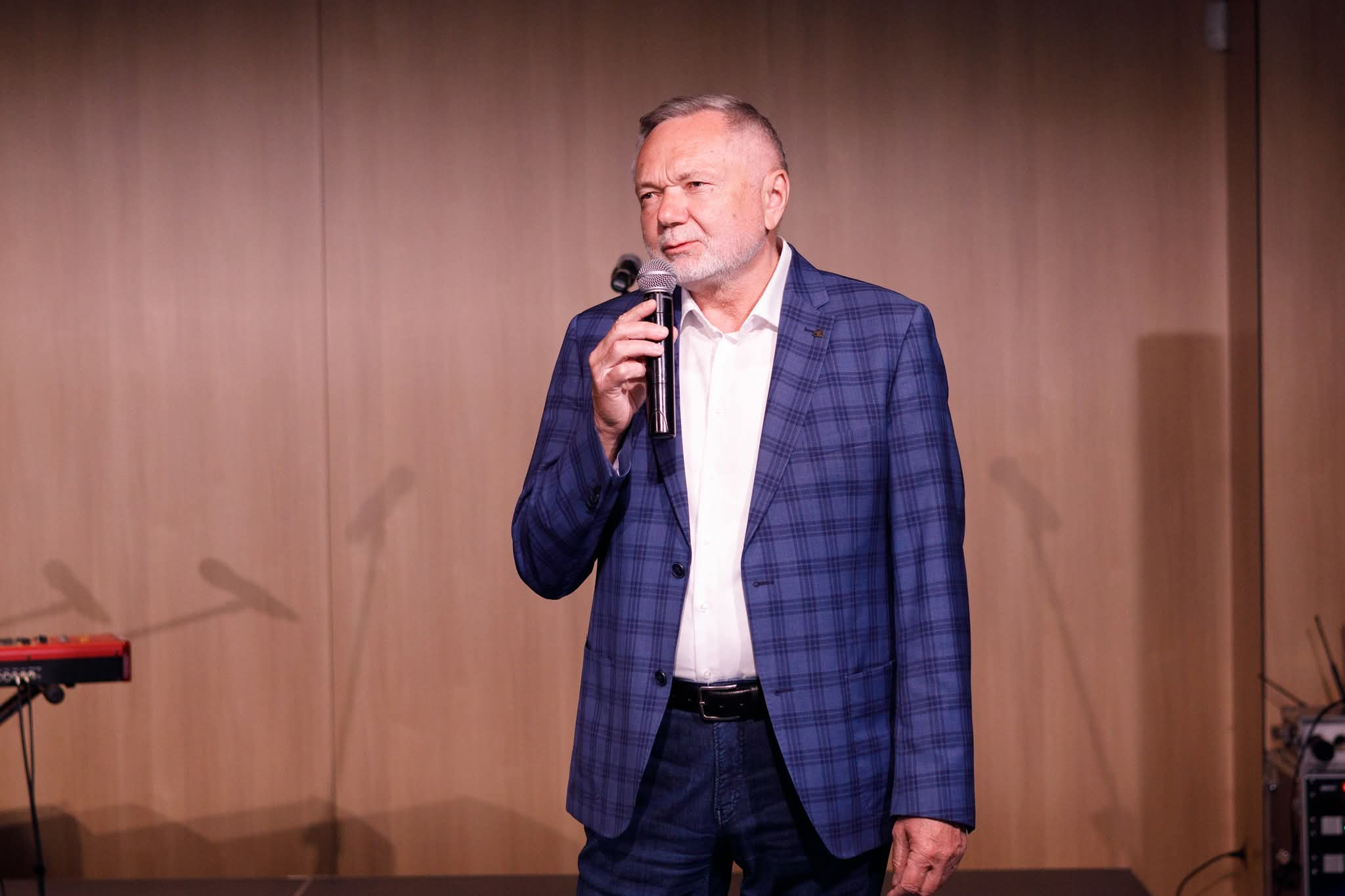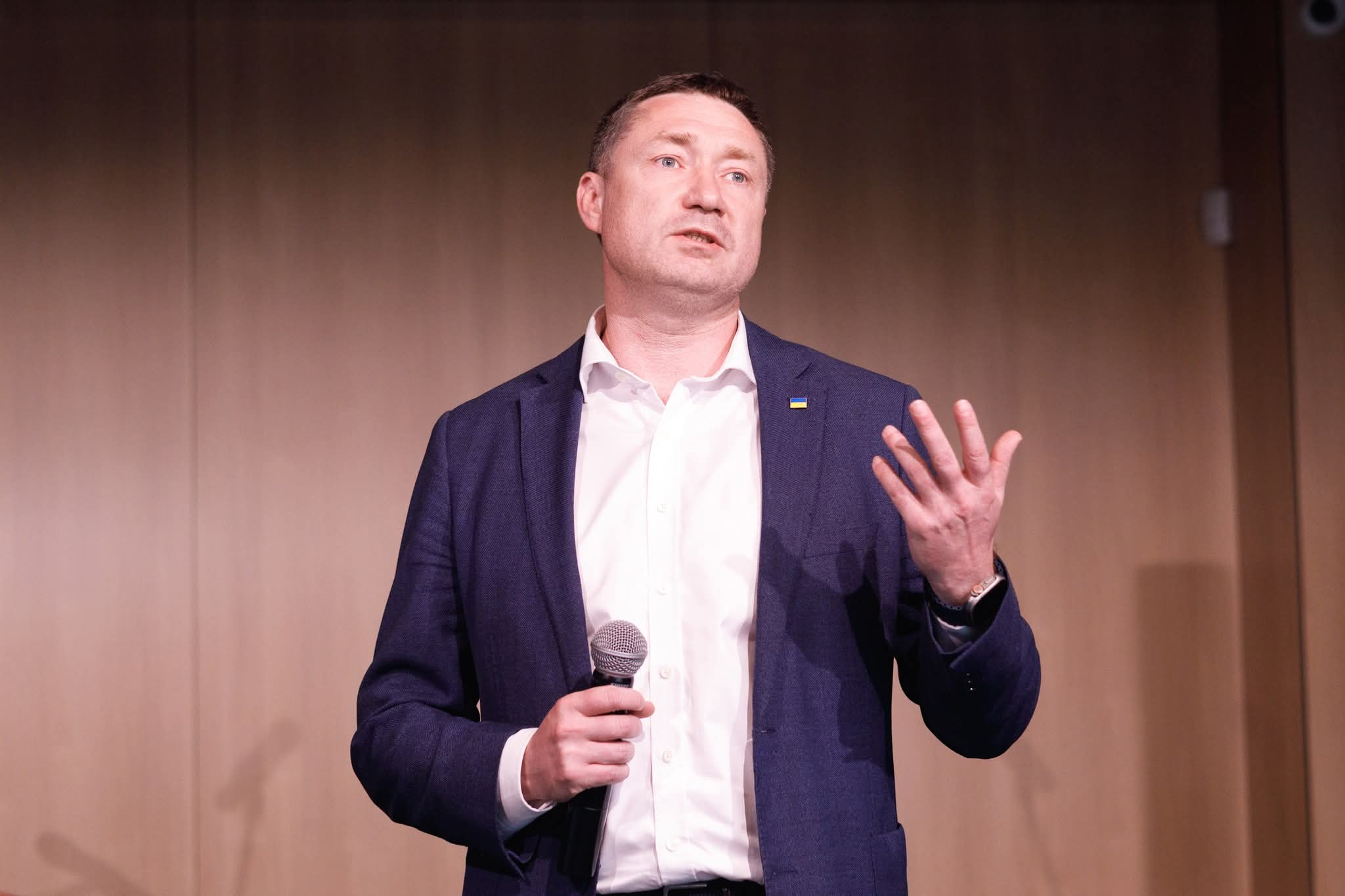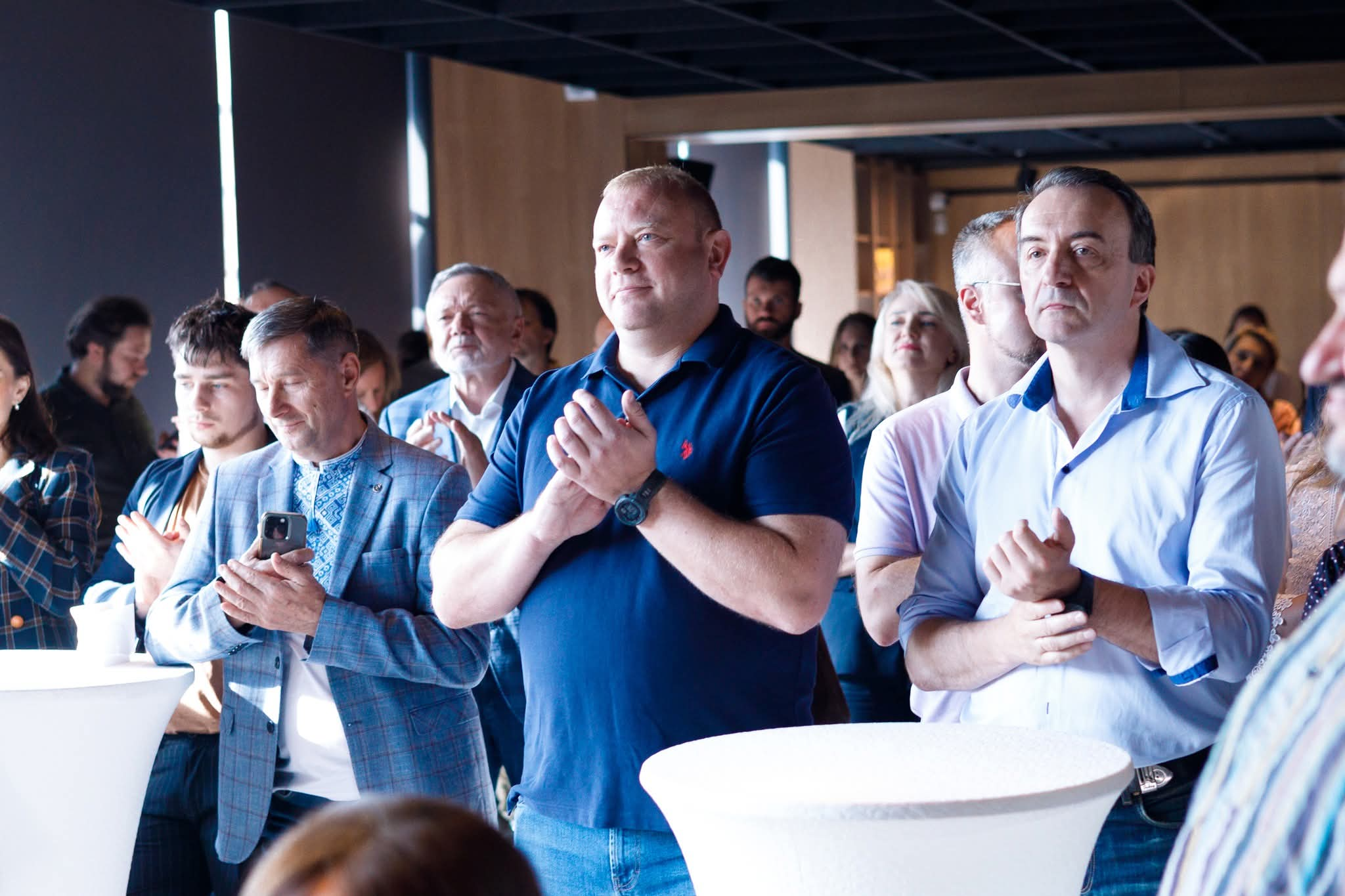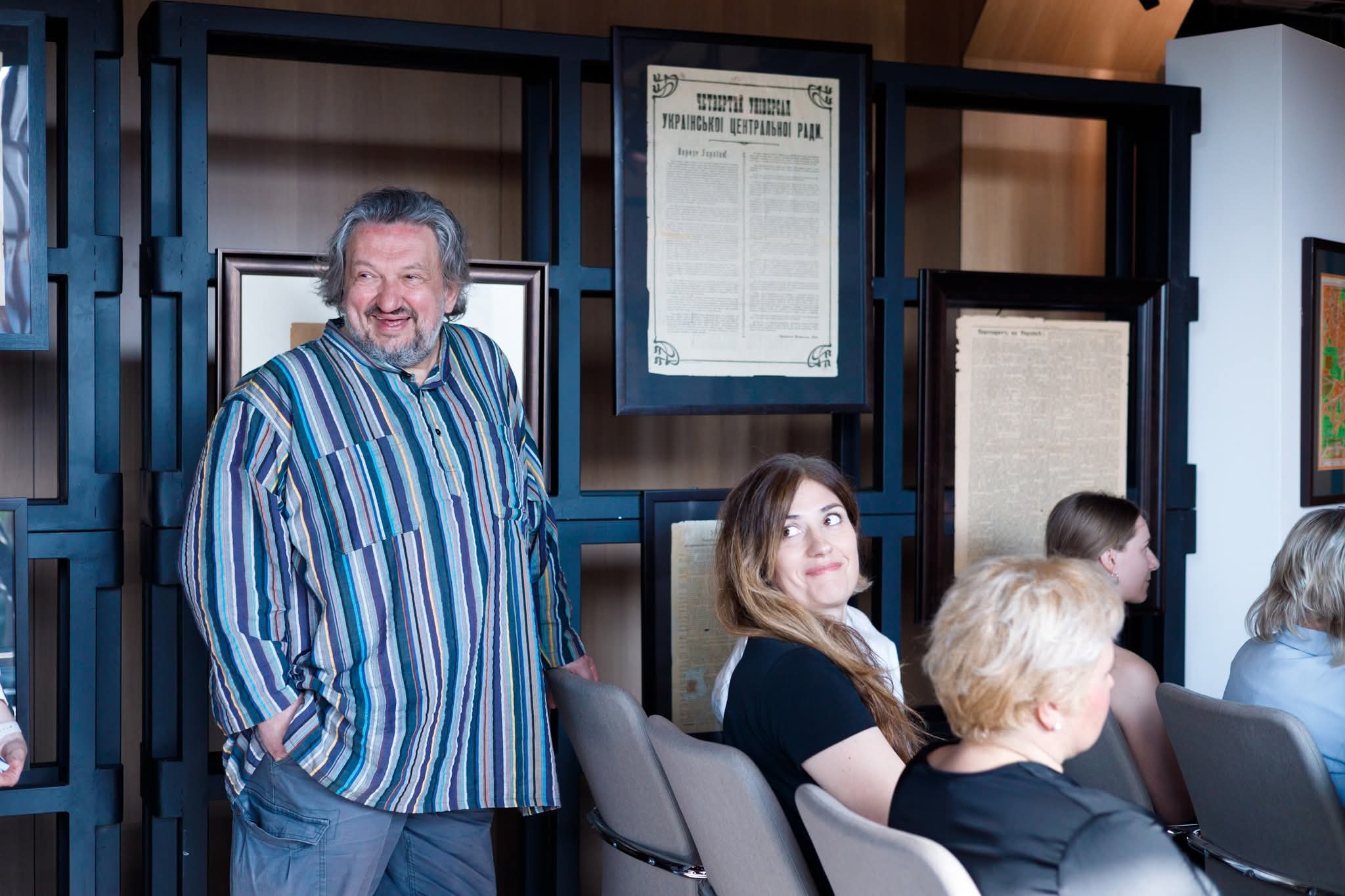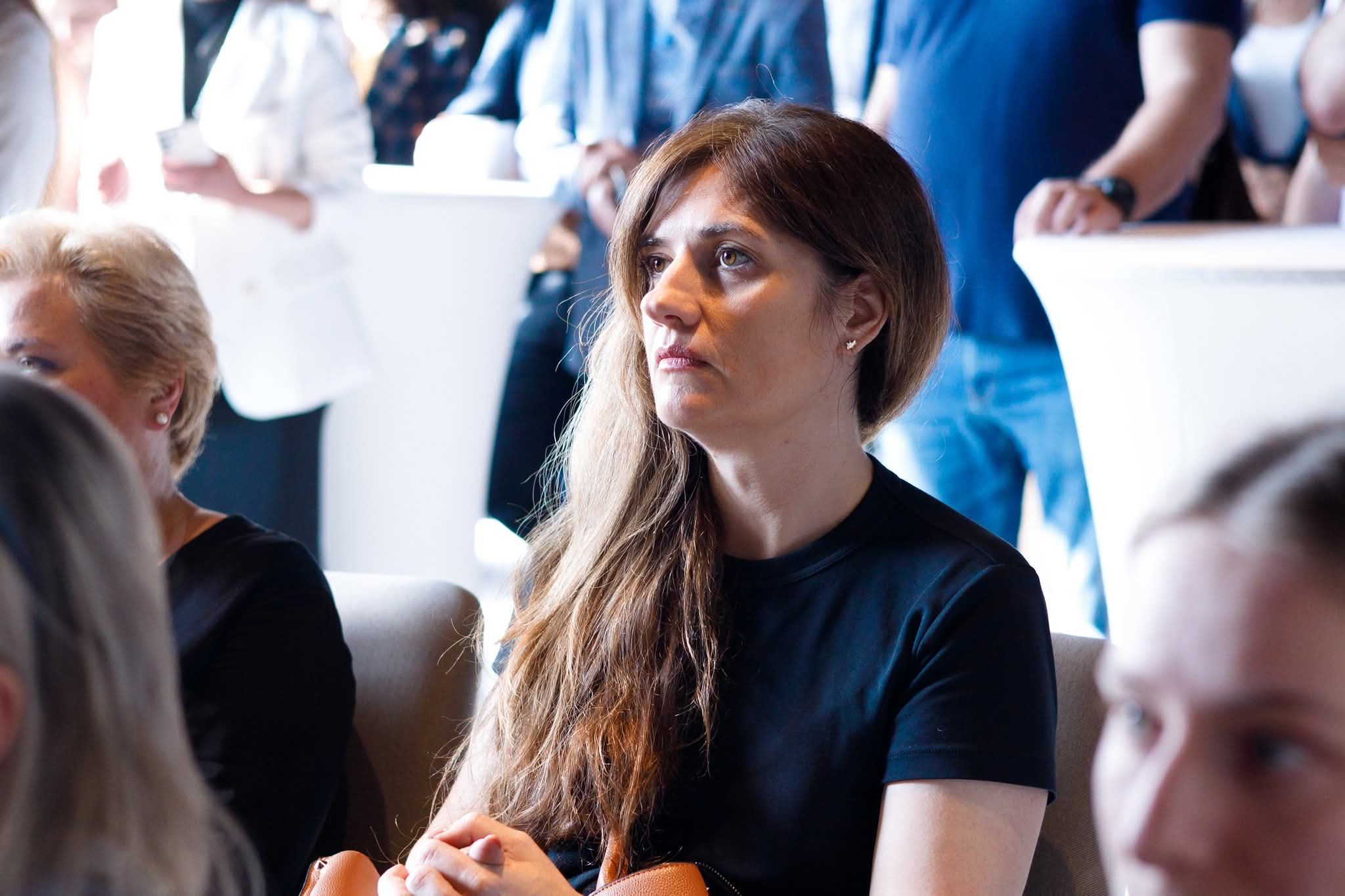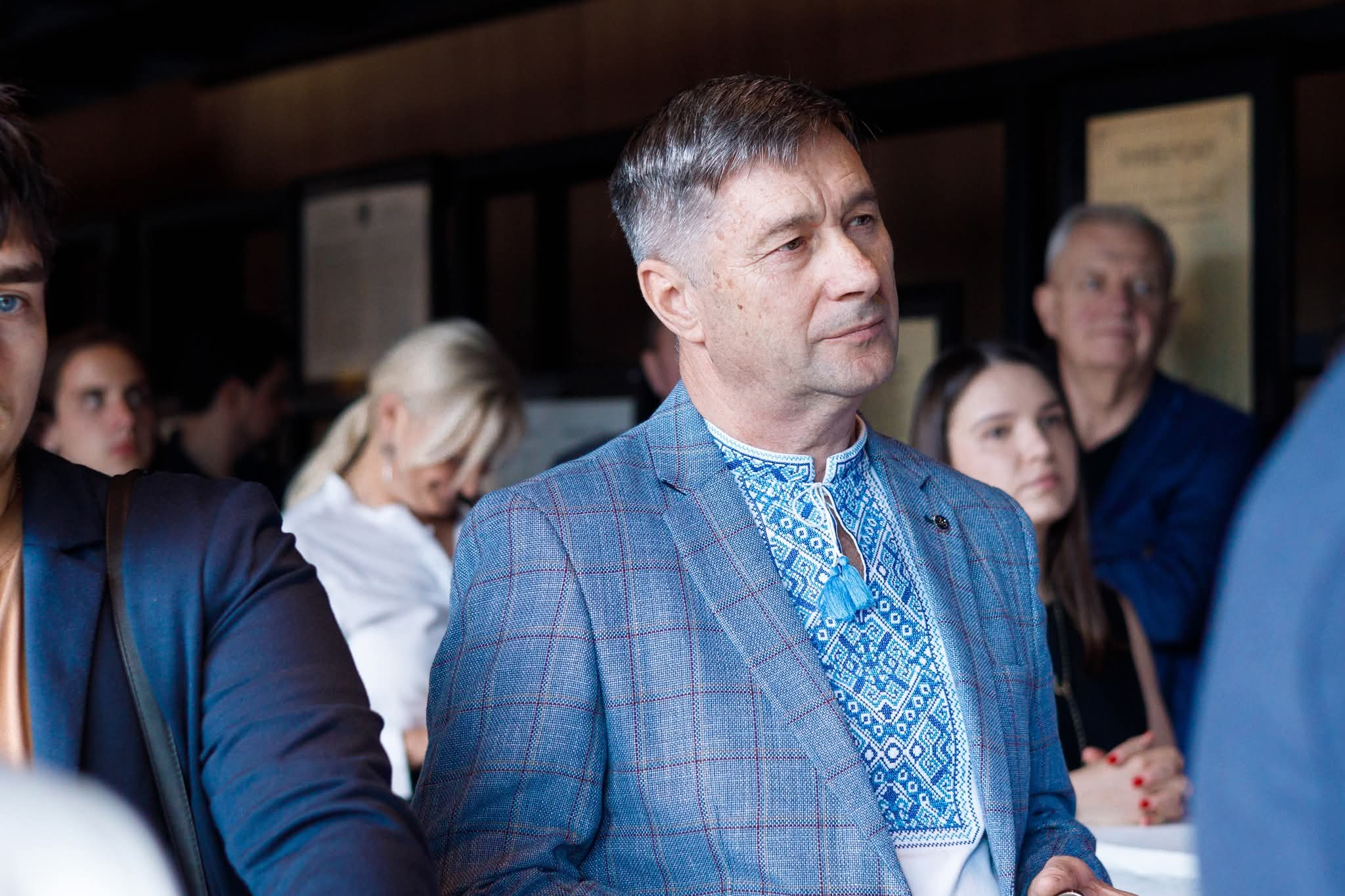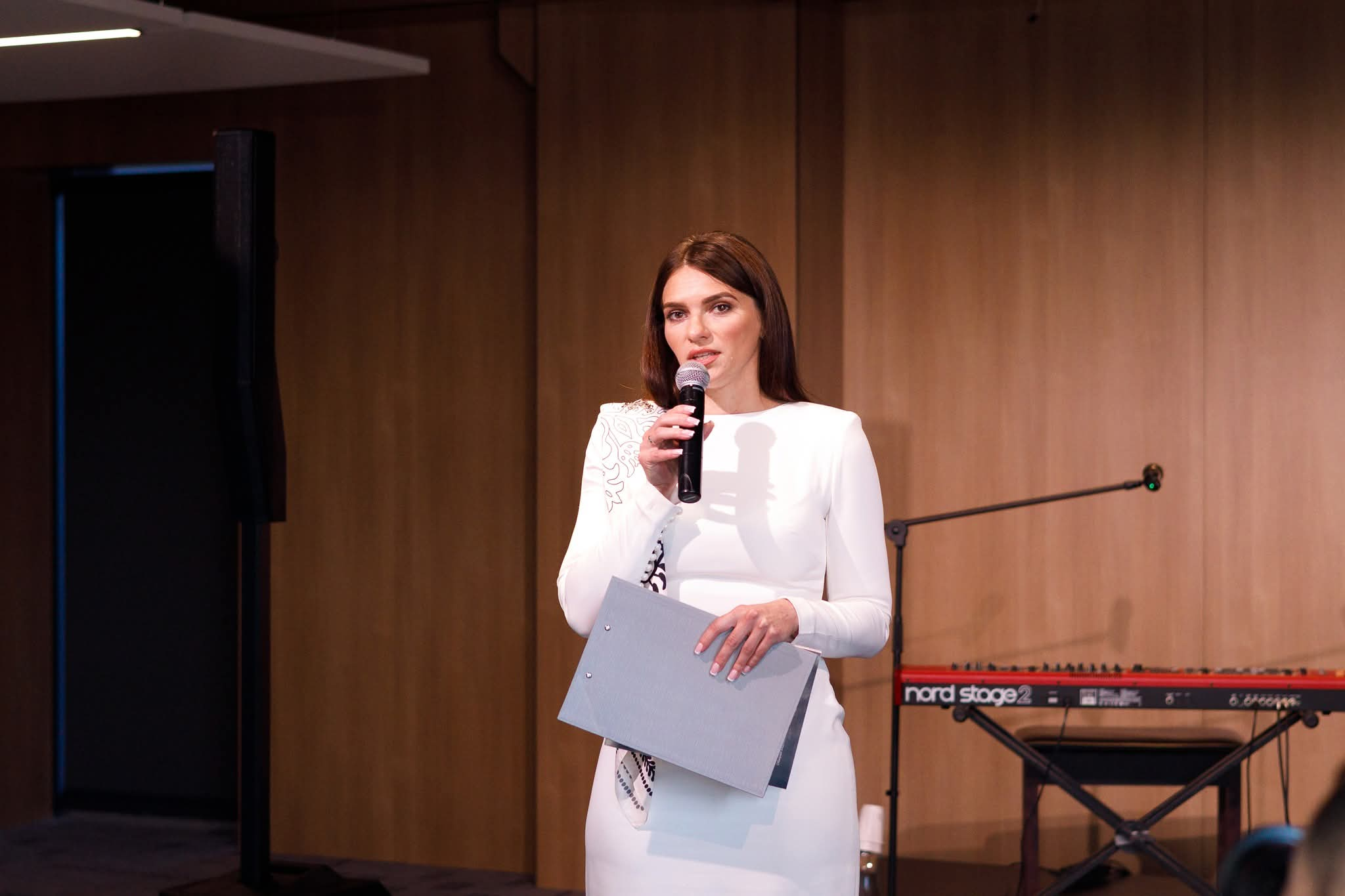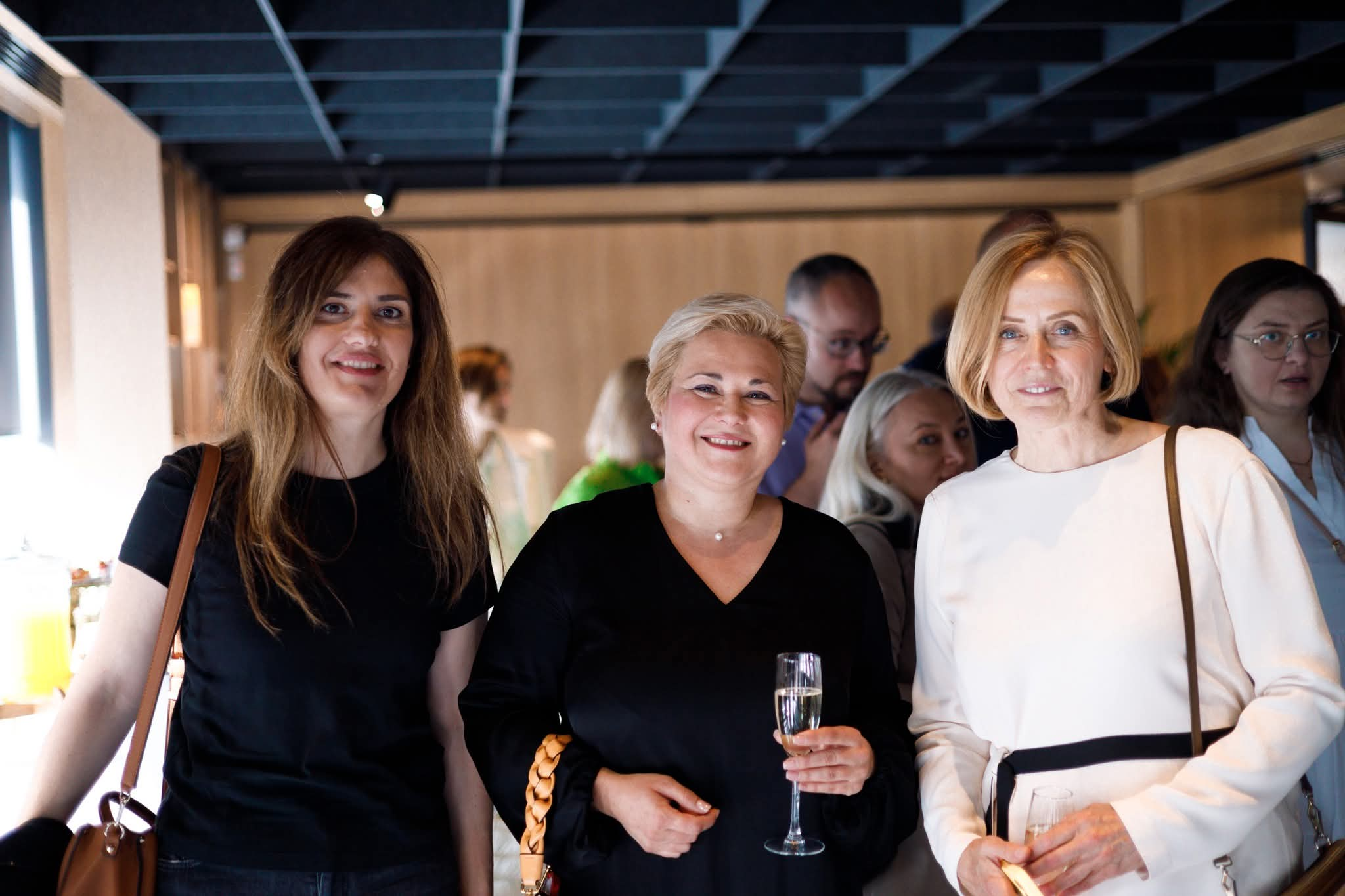“AntIDote.Unity”: Countering Russian Propaganda in Ukraine and Beyond
30.06.2025
The Kozytskyi Charity Foundation and Zenyk Art Gallery supported the international cultural-intellectual conference AntIDote.Unity, held in Lviv from June 24–26 at Zenyk Art Gallery and the Ukrainian Catholic University. The event emerged as a response to attempts to impose hostile narratives and as an opportunity to shape a new image of Ukraine—by fostering cultural identity and national unity.
The main goal of the cultural and intellectual project is to create a platform for dialogue among artists, researchers, government officials, business leaders, civil society, and the media about the role of culture in countering disinformation, fostering national unity, and shaping Ukraine’s modern identity—both domestically and globally.
The concept was initiated by renowned director and cultural leader Vladyslav Troitskyi, founder of the independent DAKH Theater and president of NGO GogolFest. The title AntIDote symbolizes a remedy to Russian propaganda—viewed as a toxic force that manipulates consciousness and behavior. Ukrainian culture, in this context, becomes the antidote: a bearer of identity and resilience.
A day before the event, the organizers held a press conference at Zenyk Art Gallery, where they emphasized: Ukrainian culture must become the cure for propaganda, a source of strength and national revival.
“We’re in a fight for survival—either we exist or we don’t,” said Zinovii Kozytskyi, founder of the Kozytskyi Charity Foundation. “Propaganda is a disease, and AntIDote is the medicine. Supporting culture now is an investment in Ukraine’s future and sovereignty. Culture builds resistance—it’s the language through which Ukraine speaks to the world as an equal, not as a victim.” He stressed the need for unity between government, business, and civil society, and highlighted the importance of reconnecting with Ukrainians abroad—especially young people—so they feel the desire to return home.
Khrystyna Berehovska, curator of Zenyk Art Gallery, underscored the role of art in showcasing Ukraine’s strength—particularly through evacuated artworks and private initiatives that amplify Ukrainian voices on the global stage. “We must speak of our courage, reclaim what was stolen, and honor Ukrainian heritage,” she said. “Ukraine is rich in talent, and that talent deserves to be seen both here, as we do at Zenyk Art Gallery, and around the world.”
Vladyslav Troitskyi, the visionary behind the project, explained that AntIDote.Unity is designed as a space for cultural-intellectual resistance, dialogue, and rethinking what unites Ukrainians. “What started as a response to disinformation evolved into a mission to unite Ukrainians—at home and abroad. We need to create a powerful new myth of modern Ukraine. Not just a country at war, but a fortress defending Europe. A nation with its own voice, dignity, and strength.”
Opening the conference, Prof. Rena Marutian from Taras Shevchenko National University emphasized the need to move beyond narratives of grief and sacrifice. “It’s time for a victorious myth—of resilience, possibility, and future.”
The first day of the conference featured dynamic panel discussions. Key outcomes included a vision paper with concrete proposals for Ukraine’s Ministry of Culture and Strategic Communications, Ministry of National Unity, and Ministry of Foreign Affairs. Major takeaways included:
• Culture and art as infrastructure for unity;
• Reframing Ukraine’s image from “victim” to “sovereign actor”;
• Empowering cultural diplomacy to promote values, dismantle stereotypes, and shape a myth of a strong and self-reliant Ukraine;
• Launching the “AntIDote” platform for cultural collaboration and coordination;
• The Ministry of Foreign Affairs is preparing guidelines for embassies and outlining expectations for cultural communities;
• Integrating Ukrainian cultural products into global contexts;
• Viewing Ukrainian communities abroad as strategic resources, not just diaspora;
• Prioritizing youth engagement, both in Ukraine and internationally.
The conference was organized by GogolFest, the Kozytskyi Charity Foundation, Zenyk Art Gallery, the Ukrainian Catholic University, and the Serhii Nyzhnyi School of Public Governance, with the support of the Lviv Regional Military Administration.
Other news
